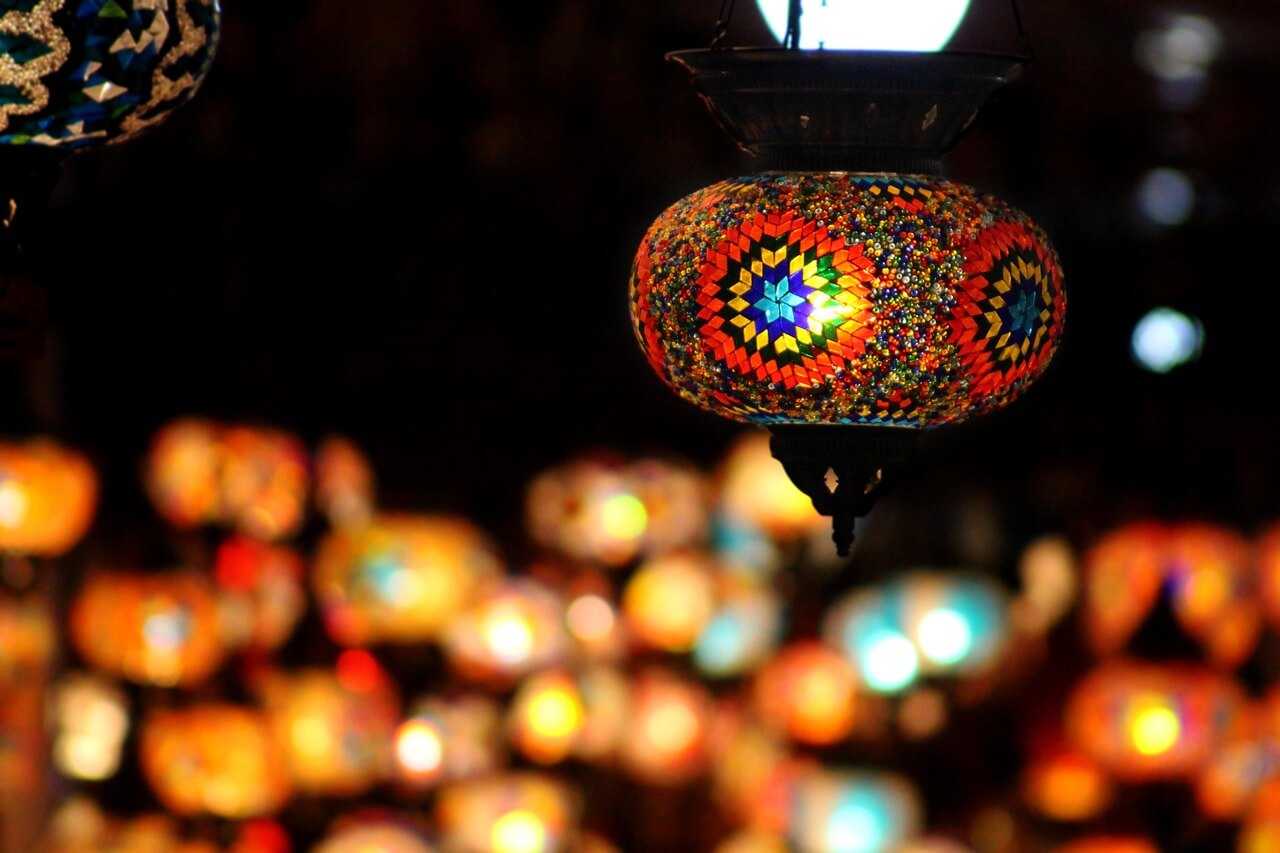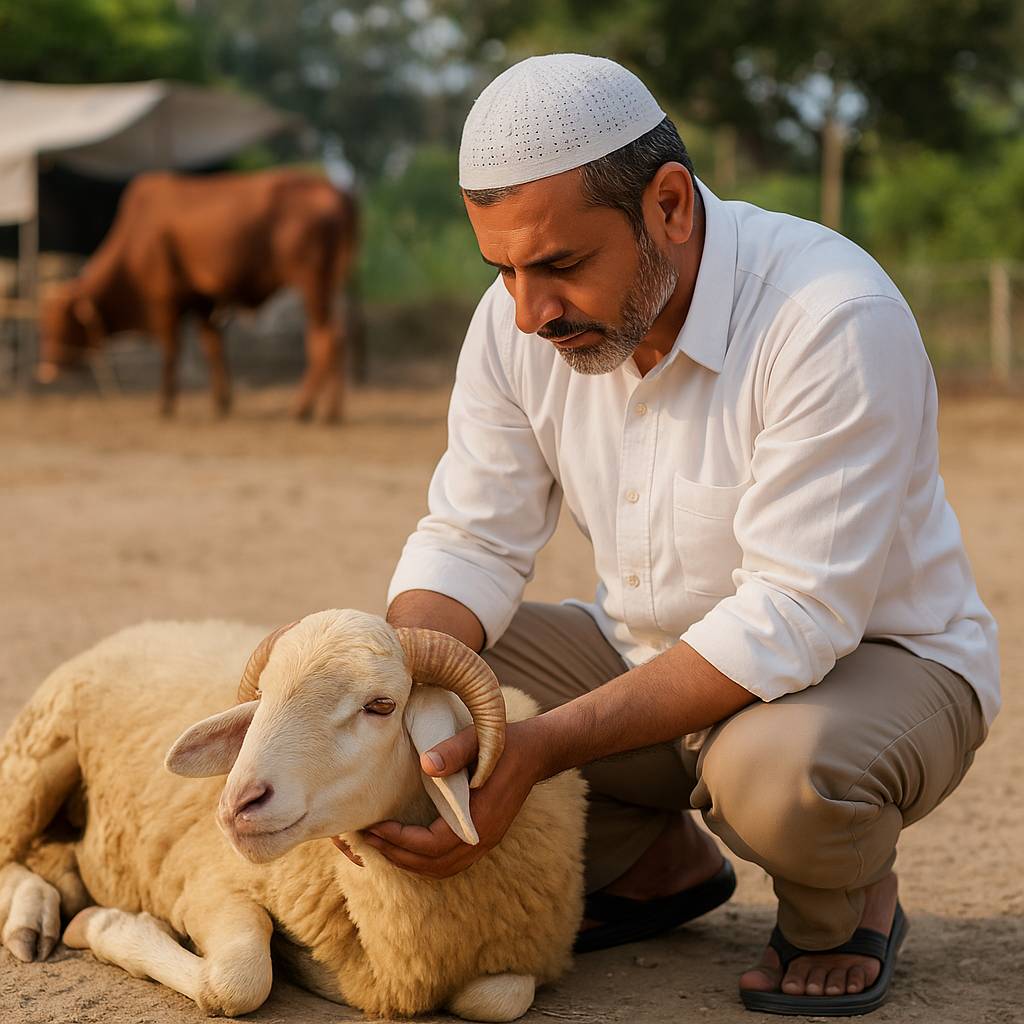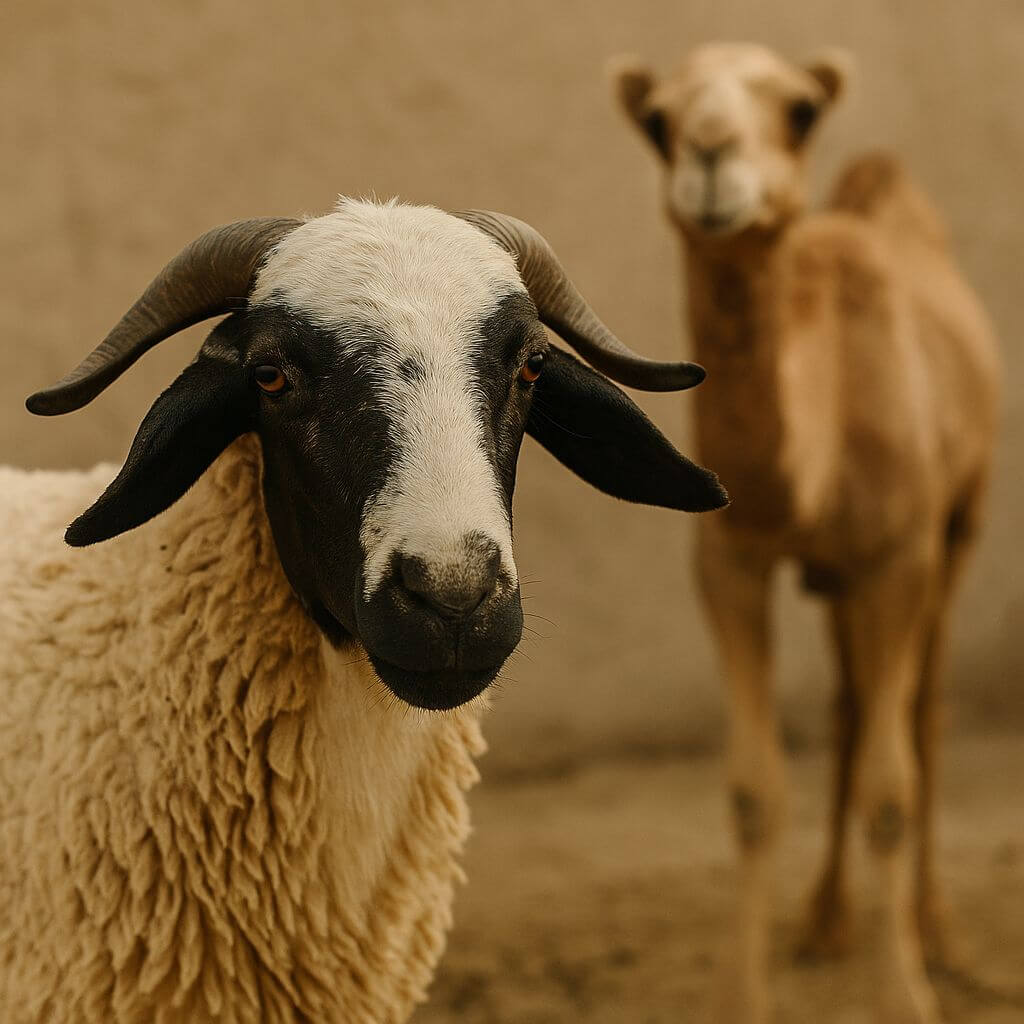
Why Do Muslims Fast? The Spiritual and Practical Reasons Behind Ramadan Fasting
Fasting during Ramadan is one of the Five Pillars of Islam, making it a core practice for Muslims worldwide. Known as Sawm, fasting is observed from dawn (Fajr) until sunset (Maghrib), involving abstention from food, drink, smoking, and other physical needs. But fasting in Islam is far more than just refraining from eating or drinking—it is a transformative act of worship that nurtures the soul, sharpens self-discipline, and fosters empathy for others.
So, why do Muslims fast? The reasons go beyond religious obligation, encompassing spiritual growth, moral refinement, and personal development.
1. Fulfilling a Divine Command (Obedience to Allah)
The primary reason Muslims fast is to obey the command of Allah as outlined in the Quran:
“O you who have believed, decreed upon you is fasting as it was decreed upon those before you that you may become righteous.”
(Surah Al-Baqarah 2:183)
Fasting is an act of submission to the will of Allah. By willingly giving up physical desires, Muslims demonstrate their devotion, self-restraint, and readiness to prioritise spiritual well-being over material needs. It is not merely about enduring hunger or thirst but about fulfilling a sacred duty with sincerity and faith.
2. Developing Taqwa (God-Consciousness and Self-Discipline)
The ultimate purpose of fasting, as stated in the Quran, is to attain Taqwa, meaning piety or God-consciousness. Fasting helps cultivate:
- Self-Control: Resisting not just food and drink but also negative behaviours such as anger, gossip, lying, and impatience.
- Mindfulness: Regular prayer, reflection, and remembrance of Allah heighten spiritual awareness throughout the day.
- Moral Discipline: By practising restraint, Muslims strengthen their ability to control impulses and make ethical choices.
Fasting trains both the body and the soul, teaching Muslims to lead lives guided by discipline, patience, and mindfulness.
3. Cultivating Empathy and Compassion for the Less Fortunate
Fasting creates a direct connection to the struggles faced by millions of people worldwide who experience hunger and thirst daily—not by choice, but by circumstance. By experiencing temporary deprivation, Muslims develop:
- Empathy: Understanding what it feels like to go without basic necessities.
- Gratitude: Appreciating the blessings of food, clean water, shelter, and security.
- Generosity: Increased motivation to give in charity, support the needy, and perform acts of kindness.
During Ramadan, Muslims are encouraged to engage in Zakat (obligatory charity) and Sadaqah (voluntary charity), reinforcing the spirit of giving and community support.
4. Strengthening Spiritual Connection
Ramadan is often described as a “spiritual detox”, providing an opportunity to disconnect from worldly distractions and focus on one’s relationship with Allah. Fasting fosters spiritual growth through:
- Quranic Reflection: Muslims strive to read and reflect on the Quran more frequently during Ramadan.
- Increased Prayer: Additional prayers like Taraweeh are performed at night, fostering closeness to Allah.
- Supplication (Dua): Ramadan is a time when prayers are believed to be especially powerful, encouraging heartfelt supplication.
The absence of physical indulgence redirects attention inward, allowing for deep contemplation, gratitude, and spiritual renewal.
5. Purification of the Body and Soul
Fasting isn’t just about spiritual purification—it also promotes physical well-being. The Prophet Muhammad (peace be upon him) said:
“Fast, and you shall be healthy.” (Sunan Ibn Majah)
Physical Benefits of Fasting:
- Detoxification: Fasting gives the digestive system a break, allowing the body to eliminate toxins.
- Improved Metabolism: Helps regulate blood sugar levels and improve insulin sensitivity.
- Weight Management: Encourages healthy eating habits during non-fasting hours.
Spiritual Purification:
- Cleansing the Soul: Fasting helps to purify the heart from negative emotions like greed, pride, and jealousy.
- Fostering Humility: Recognising human vulnerability without food and water instils humility and reliance on Allah.
6. Fostering Unity and Community Spirit
Ramadan is not just an individual journey—it’s a time of communal worship, shared meals, and collective reflection. Fasting strengthens:
- Family Bonds: Families gather for Suhoor (pre-dawn meal) and Iftar (meal to break the fast), fostering togetherness.
- Community Engagement: Muslims pray together in mosques, participate in charity events, and support those in need.
- Global Solidarity: The knowledge that millions of Muslims around the world are fasting together creates a profound sense of unity and shared purpose.
7. Reflecting on Life’s Purpose
In the hustle of daily life, it’s easy to lose sight of deeper existential questions. Ramadan serves as a pause—a chance to reflect on life’s purpose, personal goals, and one’s relationship with both the Creator and creation. Fasting prompts questions like:
- What am I truly grateful for?
- How can I be a better person, not just during Ramadan but beyond?
- What habits should I change to lead a more meaningful life?
This period of reflection often leads to lasting personal growth, even after Ramadan ends.
How Fasting in Ramadan Differs from Other Types of Fasting
While fasting is practised in many cultures and religions, fasting during Ramadan holds unique spiritual and communal significance.
| Aspect | Ramadan Fasting (Islam) | Intermittent Fasting (Health Trend) | Religious Fasting (Lent, Yom Kippur, etc.) |
| Purpose | Spiritual growth, self-discipline, empathy | Weight management, metabolic health | Spiritual reflection, repentance, sacrifice |
| Duration | Dawn to sunset for 29–30 days | Time-restricted eating windows (e.g., 16/8) | Varies (e.g., 40 days for Lent, 25 hours for Yom Kippur) |
| Restrictions | No food, drink, smoking, or intimacy during fasting hours | No specific religious rules; focused on calorie restriction | Varies—often abstaining from specific foods or habits |
| Spiritual Practices | Daily prayers, Quran recitation, charity | None (primarily health-focused) | Prayer, reflection, acts of penance |
| Social/Community Aspect | High—shared Iftars, mosque gatherings, charity work | Low—individual health practice | High—communal prayers and rituals |
The Beauty of Fasting: A Journey of Mind, Body, and Soul
Fasting in Ramadan is a holistic practice that nurtures every aspect of human existence—spiritual, emotional, physical, and social. It’s a time for reflection, gratitude, and self-improvement. It teaches Muslims to be patient, compassionate, and mindful of life’s blessings.
The lessons learned through fasting often extend beyond Ramadan, shaping character and strengthening faith throughout the year.
Share the Blessings: Support ARO’s Ramadan Initiatives
While fasting helps us appreciate the value of food and water, many people experience hunger daily without choice. At ARO, we are committed to supporting vulnerable communities through food aid, clean water projects, and charitable programs.
Be a part of this mission. Donate Now to help us provide Iftar meals, support orphans, and deliver life-saving aid during Ramadan and beyond.
Together, we can share the blessings of fasting with those who need it most.
Related Project: Hunger Relief



